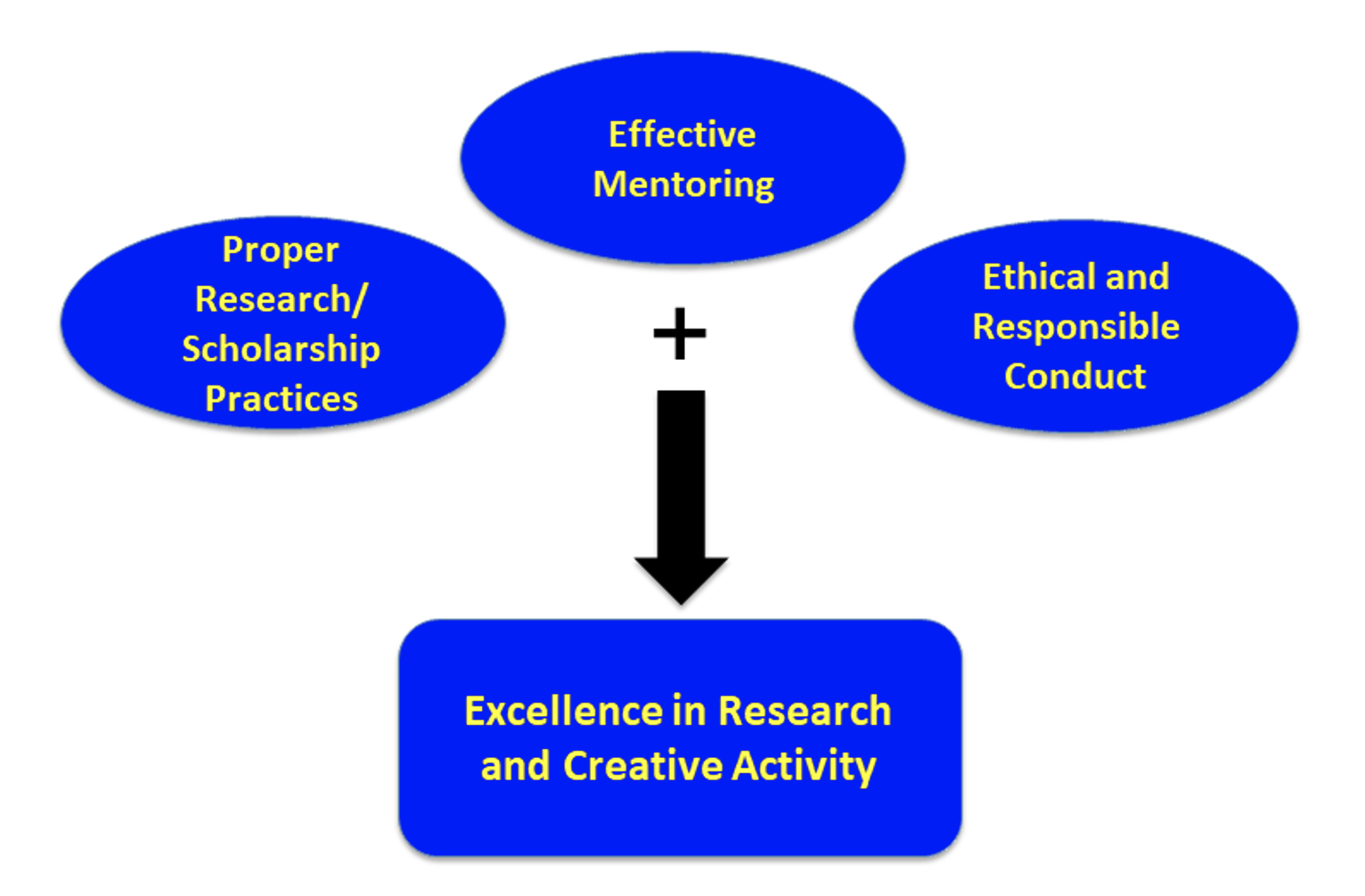Greg M. Swain, hailing from the Department of Chemistry at Michigan State University, examines cross-disciplinary training in sustainable chemistry and chemical processes, including the critical role of mentoring and finding research experiences for undergraduates
Sustainability is the practice of reducing the environmental impacts of human existence and conserving natural resources for future generations. Green chemistry is a part of the sustainability approach that encourages manufacturing processes and the design of products that minimize the use and generation of hazardous substances.
Stated another way, sustainable chemistry and chemical processes should use resources, including energy and raw materials, “at a rate at which they can be replaced naturally, and the generation” of waste cannot be faster than the rate of their remediation, as Horváth IT points out. (1)
Chemists and Chemical Engineers are uniquely positioned to find “sustainable solutions to far-reaching societal challenges, such as providing sufficient energy”, protecting “the environment, assuring the availability of safe food and water for all people, and improving global healthcare”, as the American Chemical Society put it. (2)
Research Experiences for Undergraduates (REU)
The Research Experiences for Undergraduates (REU) program in the Department of Chemistry at Michigan State University was created to inform students majoring in chemistry, biochemistry, and chemical engineering about some key societal sustainability challenges and how they can engage in basic interdisciplinary research that is both green and sustainable. The ten-week summer program introduces students, many of whom are engaging in graduate-level research for the first time, to how green and sustainable chemistry practices can guide research and technology development.
In the U.S., many research opportunities are funded by the National Science Foundation’s REU Sites program. At the Department of Chemistry at Michigan State University, our program is entering its tenth year and has provided education, training, and professional skills development to over 90 individuals. The program’s core goals are:
- To involve undergraduate students in graduate-level research projects to address green and sustainable challenges through chemistry and engineering.
- To provide a positive mentoring experience and to educate the student participants on what constitutes an appropriate and effective mentoring relationship.
- To generate interest in and better prepare undergraduate students for success in graduate school.
- To produce a research toolbox (lab safety, notebook, basic statistics, communication, teamwork) for the students.
- To significantly enhance their professional development, confidence, and self-esteem.
There are three pillars essential for achieving excellence in research and creative activity:
- Training in proper research and scholarship practices.
- Effective mentoring.
- Ethical awareness and understanding of one’s responsibilities for proper conduct.
Time is spent during the REU program guiding the student participants about all three pillars.
The importance of effective mentoring
Effective mentoring is essential for an individual’s growth and development during all stages of life. In research and scholarship, the primary mentors are educators or faculty advisors. Mentoring is critical for Research Experiences for Undergraduates, given the research naivety of many participants. Each student project has a faculty and a graduate student or postdoctoral mentor. An effective mentor will share their knowledge and encourage and inspire the mentee to achieve their best. The actions of a mentor are critically crucial for helping young students maximize their personal and educational/professional potential.
However, young students often view the mentor-mentee relationship as a one-way path of information, feedback, and guidance, i.e., from the mentor to the mentee. In fact, for an effective mentor-mentee relationship, both parties must fulfill responsibilities in an open, communicative, transparent, and respectful manner.

Our program includes multiple discussions with the student participants about the benefits of effective mentoring, what constitutes a proper mentor-mentee relationship, and what their responsibilities are to make the relationship work. (4,5) Some resource materials used are the MSU Guidelines for Graduate Student Mentoring and Advising and the mentoring guidelines provided by the National Institutes of Health.
The REU: Providing effective mentoring
Our REU program is committed to providing effective mentoring and promoting inclusive and supportive scientific training for all student participants. Students generally have a grasp of how they benefit from effective mentoring, including:
- Education and training on how to conduct research and scholarship.
- Assistance with defining career goals, strategies, and outcomes.
- Development of self-advocacy skills and competence with laboratory tasks and experimental or computational methods.
- Teaching professional codes of conduct and ethical awareness of one’s expectations for integrity.
- Critical evaluation of one’s strengths and areas or skills needing improvement.
What constitutes a proper mentor-mentee relationship
Given the power dynamic that naturally exists, students are often unaware of what constitutes a proper mentor-mentee relationship. Poor mentoring negatively impacts a student’s confidence, self-esteem, mental health, and ultimate success. Students need to understand they should not be subjected to mistreatment, disrespect, or unrealistic expectations.
They need to learn self-advocacy. Students learn that mentors should listen actively, treat all mentees respectfully and fairly, provide constructive and meaningful advice, and provide encouragement that builds one’s self-assurance.
Discussions are also had with the student participants regarding their responsibilities as mentees. In other words, the students learn how to make the mentor-mentee relationship work. This is important because, as mentioned above, this two-way interaction path is not always recognized. Mentee responsibilities are reviewed, which include:
- Taking the initiative to stay in touch with your mentor on a regular basis and actively participating in the relationship.
- Conducting a self-evaluation to assess academic strengths, learning and development needs.
- Working with the mentor to develop a plan for achieving short- and long-term goals.
- Following through on suggestions, commitments, and action items.
- Being receptive to feedback and advice.
Effective mentoring for student success
In summary, effective mentoring is essential for short-term and long-term student success. Our REU program on Cross-disciplinary Training in Sustainable Chemistry and Chemical Processes seeks to better inform young students about all aspects of effective mentoring, knowledge and understanding that will benefit them beyond the program.
We strive to make effective mentoring a hallmark of our summer program so that the students leave the ten-week program having had a positive experience and knowing how to cultivate mentor-mentee relationships in the future better.
References
- Horváth IT. Introduction: Sustainable Chemistry (Editorial). Chem. Rev. 2018; 118 (2): 369–371.
- ACS Green Chemistry Institute, https://www.acs.org/greenchemistry.html
- Mutlu H, Barner L. Getting the terms right: green, sustainable, or circular chemistry? Macromol. Chem. Phys. 2022; 223 (13): 2200111 (Special Issue: Sustainability)
- Harvard School of Public Health – The Mentor-Mentee Relationship, adapted October 2015.
- National Academies of Sciences, Engineering, and Medicine 2019. The Science of Effective Mentorship in STEMM. Washington, DC: The National Academies Press.

This work is licensed under Creative Commons Attribution-NonCommercial-NoDerivatives 4.0 International.


